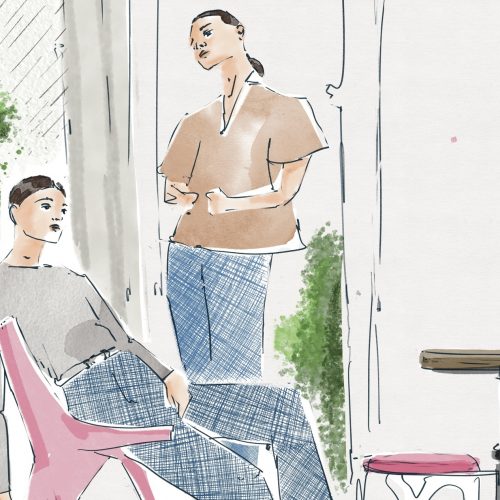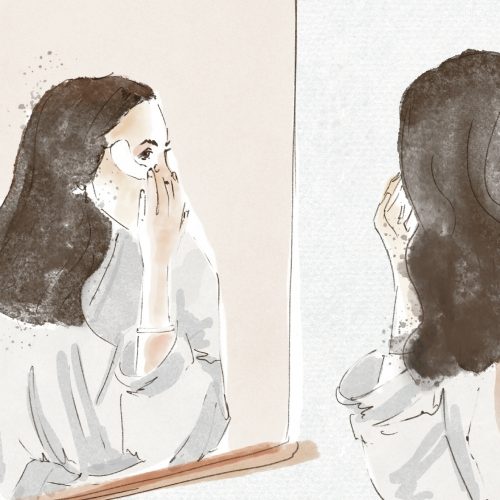The European Commission Announces a Sustainable Food Strategy for Europe
The global impact of Covid-19 has forced the European Government to wake up to the reality of our current food system. To pause and reflect as to how we can build a resilient yet sustainable food strategy for the future, whilst addressing the socioeconomic vulnerability and environmental degradation our current food system has caused in the past.
The ‘Farm to Fork’ sustainable food strategy for Europe aims to address this. Announced on May 20th 2020, the strategy maps out an inclusive growth strategy across its 27 states through a series of time bound, eco-friendly legislative changes. The Farm to Fork strategy is central to the European Green Deal, a set of policy initiatives that aim to transform the EU into a carbon-neutral society by 2050. The strategy plays a pivotal role in helping governments meet their commission agenda for 2030 in regards the UN Sustainable Development Goals, through establishing agroecological practises that work with nature rather than against them, and promoting sustainable livelihoods for all primary producers involved. While this may seem promising, critics have pointed out the ‘Farm to Fork’ strategy falls short in some key areas, and instead of being heralded as bold and encouraging, should be regarded as too little too late.
WHY DO WE NEED A SUSTAINABLE FOOD STRATEGY?
Our current food system is under stress. Due to climate change, the intensity and frequency of extreme weather events has gone beyond the normal noise of natural variation, causing agricultural productivity to decline. This problem is exacerbated by unsustainable farming practises including the overexploitation of natural resources, deforestation and soil erosion, contributing to animal specie extinction and ecosystem devastation. The productivity upon which, our future food supply vitally depends.
Socially, food systems are responsible for promoting disparity across the production chain: from the workers who produce the food, receiving insufficient, unreliable wages, to the unequal distribution and access of food for the people who consume it. The coronavirus pandemic has exacerbated these stresses, evidencing how our food system is currently vulnerable to shocks and needs to change.
In response to these issues, the EU has acknowledged the importance of a ‘robust and resilient food system’ that is able to function under all circumstances. A food system which sets all actors across onto a sustainable path, in order to improves lifestyles, health and the environment.
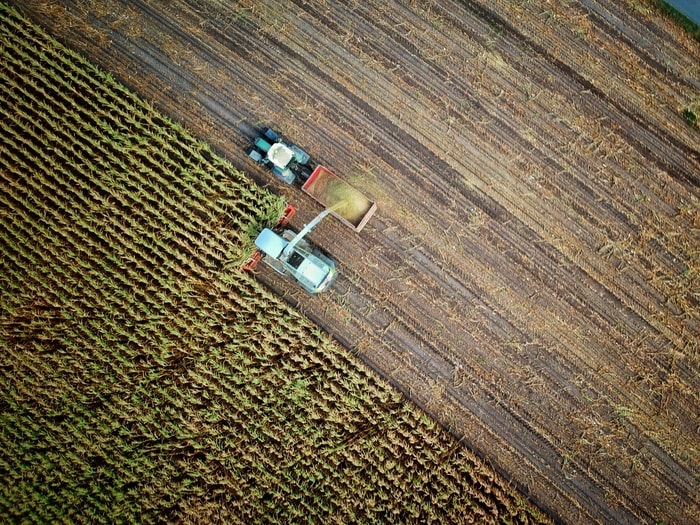
POLICIES
The polices aim to:
- Ensure food security
- Stimulate sustainable food processing and food packaging
- Promote healthy, sustainable diets
- Reduce food waste
- Protect human life, animals and plants by cutting pollution
- Facilitate a just and inclusive transition to clean energy
- Combat food fraud
- Increase organic farming
- Revise trade implications and bilateral agreement
- Improve food labelling to consumers
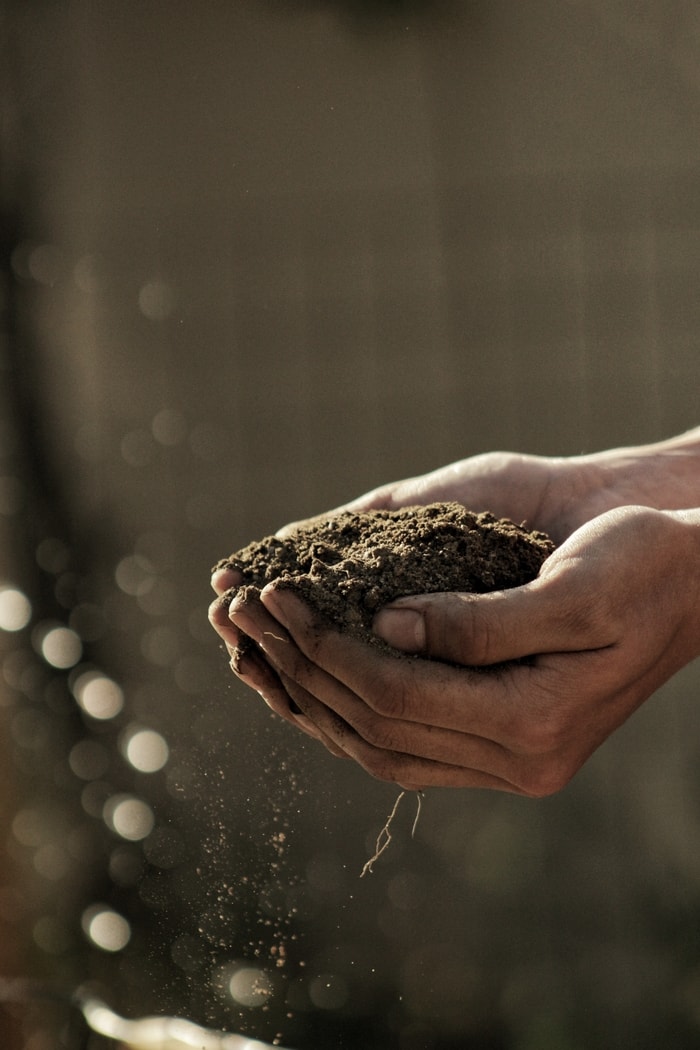
CRITIQUES
In spite of these targets, significant climate action has been delayed until 2030, by which point ‘irreversible climate breakdown will likely be locked in’. Efforts within the strategy that aim to promote a clean energy transition for both industry and communities contain loopholes, suggesting the EU’s goal to attain a carbon-neutral future is not as close as it may seem.
In addition to this concern, Jasmijn de Boo, Vice President of ProVeg International, argued that once again the EU has failed to address the environmental impact of animal farming: ‘without addressing our overproduction and overconsumption of animal products, we cannot even begin to hope to transform our food system. Meat and dairy reduction targets are essential if the Commission is to succeed in its food policy - without them, the plan to make Europe carbon neutral by 2050 will likely fail.’
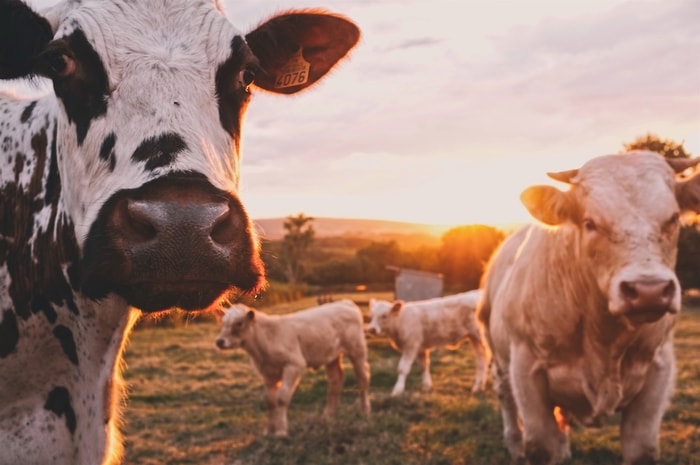
Whereas, Wendel Trio, director of Climate Action Network (CAN) Europe was more optimistic, claiming ‘together with enhanced climate action, biodiversity restoration and the promotion of sustainable farming practices are key to reaching the goals of the Paris Agreement and building more resilient and sustainable economies in the aftermath of the COVID-19 pandemic’.
Overall, the issues facing our current food system are pressing and the EU’s response to initiate a sustainable food system is promising. However, owing to discrepancy between the EU’s 27 member states in regards to economic development and agroecological mechanisms already in place, some policies have been watered down. This gives rise to the power of the consumer to address these areas of weakness, by supporting sustainable businesses and reducing their meat and dairy consumption, even where it is not wholly enforced by legislative change.

+ Words: Stephanie Frank
London-based student and journalist Stephanie Frank has become dedicated to repurposing fashion as a force for good and is committed to writing about the interfaces between sustainability, fashion, lifestyle and culture.


